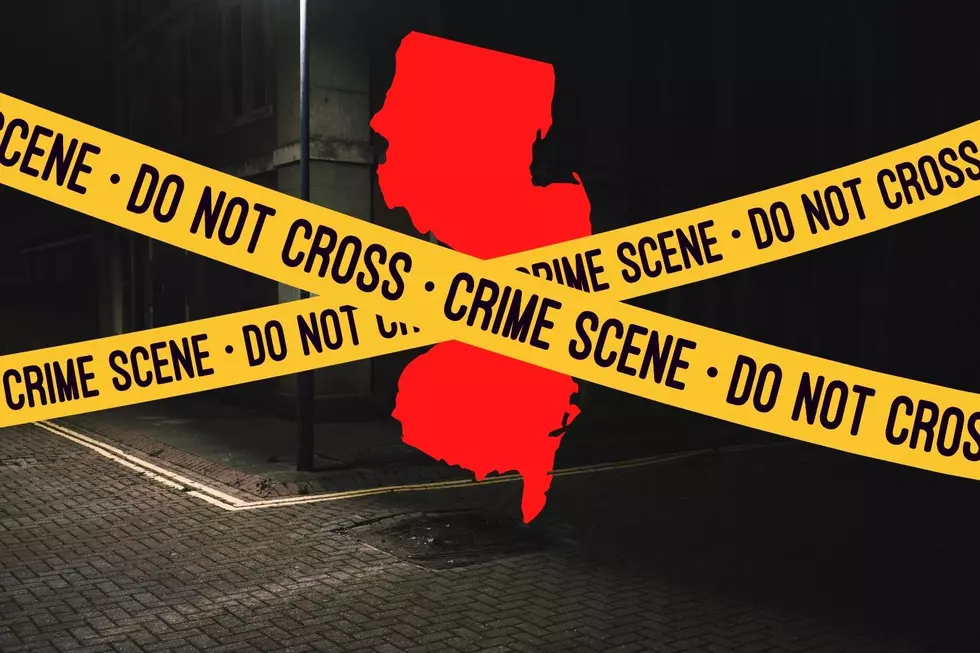
September is Suicide Prevention Month – Do You Know The Warning Signs? WATCH
September is National Suicide Prevention Month. It’s a time to remember those affected by suicide, to raise awareness, and to focus efforts on directing treatment to those who need it most. In this podcast episode, I talk with Jaime Angelini, Director of Disaster Relief and Special Projects for the Mental Health Association in Atlantic County.
A report released by the CDC compared data from emergency department visits from spring of 2019 and spring of 2021. It found that suspected suicide attempts in adolescent girls were 50% higher this year. The pandemic has especially affected groups such as our youth, the elderly, racial minorities, unemployed people, and healthcare workers.
Feelings of isolation and anxiety can lead to substance abuse, having a negative view of ourselves and the world, insomnia, loss of appetite, risky behavior, and mood swings. In addition, economic stress, lack of participation in our communities, barriers to mental health treatments play a large role in the increase of suicide.
John Hopkins Medicine reports that, in older Americans, social disconnectedness is associated with higher depression and anxiety. Self-isolation further affects elderly individuals who do not have close family and friends, or who have decreased literacy in or access to digital resources.
In the same report, data showed an increase in child suicide due to a disruption of education, extracurricular activities, and support services during the beginning phases of lockdown. Businesses closures are associated with increased daily suicide mortality among people of color. In addition, Healthcare workers described feelings of hopelessness, guilt, and insomnia, all of which can increase the risk for suicide.
In America, Suicide is the 10th leading cause of suicide. In New Jersey, an average of 800 people die of suicide every year, according to New Jersey's Public Health Data Resource.
Experts say there are steps we can take to reduce anxiety and isolation. We could call a friend, turn off the news, spend time outside, journal, meditate or simply perform small acts of self-care such as cooking ourselves a warm meal and taking a shower.
If you or someone you love have been experiencing depression and/or suicidal thoughts, help is available. To speak to a counselor, please call The Suicide Lifeline at 1-800-273-TALK (8255). Emotional support and other services are available via web chat. You can also contact the Mental Health Association in Atlantic County to learn more about their many free support programs.
More From SoJO 104.9 FM










